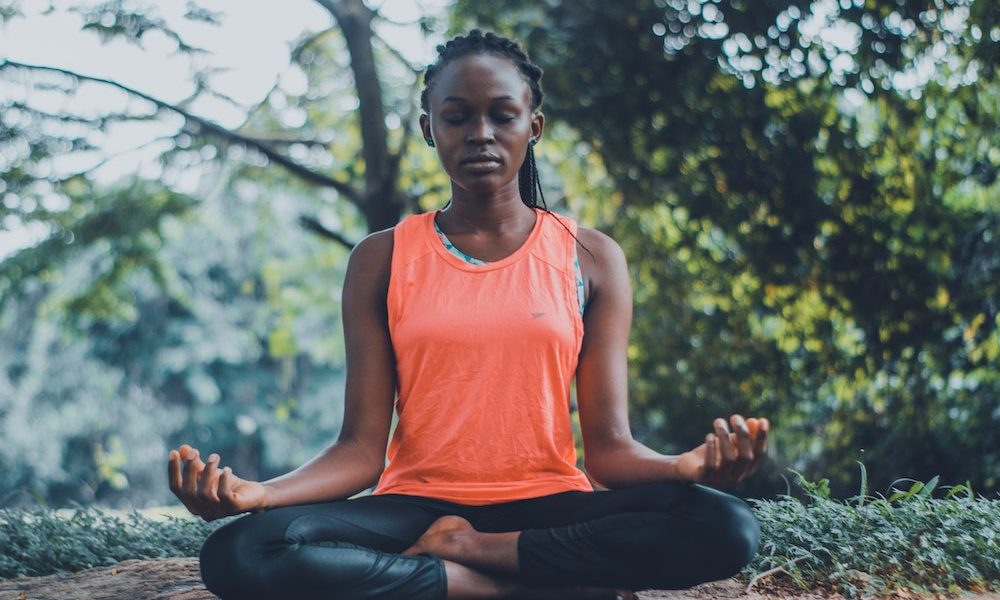
Mindfulness Meditation Works Just As Well As Medication for Anxiety

Anxiety is an unavoidable part of life. As stated by the Anxiety and Depression Association of America, an anxiety disorder will affect more than two out of every five women in the United States at some point in their lives.
Many people find that self-care practices, therapy, medication, or a combination of these can help keep symptoms under control when dealing with anxiety. However, scientists have discovered that mindful meditation may be equally impactful as a frequently prescribed antidepressant in reducing symptoms.

Thisisengineering/Pexels | This is the first time anyone has made such a claim
What’s the catch? There is a significant need for time commitment, which might be difficult for everyone. We spoke with a psychiatric expert about the advantages and drawbacks of mindfulness meditation for anxiety, as well as why medicine is still a necessary tool.
How Mindful Meditation Helps With Anxiety
A JAMA Psychiatry study compared patients who participated in an 8-week mindfulness meditation initiative to those who consumed the anxiety medication Escitalopram, the common name for the common drug Lexapro. The results stated that both ways were equally effective—after eight weeks, both groups experienced a 30% drop in their cumulative symptoms.
The study included 276 adults (with any anxiety disorder that hasn’t been treated) who were divided into two random groups. The first was given a standard Escitalopram daily dose ranging from 10 to 20 mg.
Comparatively, the other was selected for 2.5-hour mindfulness lessons per week based on the Mindfulness-Based Stress Reduction (MBSR) approach, as well as 45-minute regular daily practices and one-weekend mindfulness lessons.
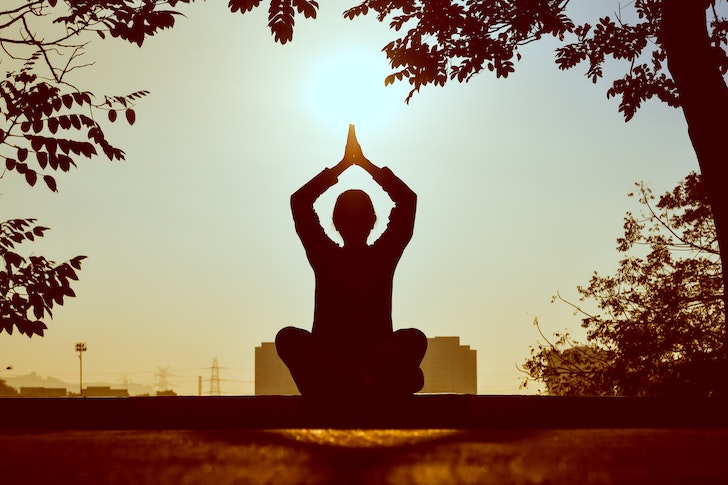
Prasanth/Pexels | The meditation group discovered many mindfulness techniques that focus attention on one component of their bodies at a time, breath awareness, and mindful movement.
According to the psychiatrist, family therapist, DO, and chief medical officer at LifeStance Health, Anisha Patel-Dunn, practicing mindfulness meditation has a strong record of being an effective way to lower stress levels. Many people utilize it to improve their mental health overall.
There Are Some Study Limitations
If 2.5-hour meditation lessons, as well as daily home-based practice and a full-day weekend lesson, sounds like a lot of time, you’re right. And that’s one of the issues with generalizing the research outcomes to people suffering from anxiety.
Many people simply cannot devote that much time to mindful meditation; regardless of whether you have two jobs, work in shifts, or are the primary caregiver for your aging parents or children, it is not feasible for everyone. Furthermore, the study only focused on females with higher education and full-time jobs – not a diverse set.

Fauxels/Pexels | So it’s unclear whether the study results would apply to individuals from other backgrounds
Furthermore, the research teams only compared MBSR to one type of drug for anxiety disorders, which could imply that meditation may be less or more effective when compared to alternative anxiety medications.
Another thing to consider? Some people who have anxiety disorders may find that medicine provides more reprieve than meditation.
More in Mind & Mental
-
`
5 Effective Ways to Provide Support for Mental Wellbeing in 2024
In a fast-paced world where stress and anxiety seem to lurk around every corner, prioritizing mental wellness has become more crucial...
March 11, 2024 -
`
6 Innovative Strategies to Cultivate Meaning in Your Life
Have you ever pondered the essence of your existence, the very fabric that weaves the tapestry of your life? Each of...
March 4, 2024 -
`
5 Essential Questions You Must Ask Your Couples Therapist
What Is Your Experience and Specialization in Couples Therapy? Imagine you are hiring a chef. You would not want someone whose...
February 26, 2024 -
`
Celebrity Exes Who Are Still on Friendly Terms!
Celebrity breakups are often messy affairs that play out in the public eye, with tabloids and social media outlets speculating on...
February 22, 2024 -
`
Financial Wellness Retreats: Combining Vacation and Money Management Education
In today’s modern world, where the hustle of everyday life often leaves little room for personal development, especially in areas like...
February 14, 2024 -
`
Understanding OCD: Symptoms, Causes, Diagnosis, and Treatment
In the vast tapestry of the human experience, few conditions have intrigued and perplexed us like Obsessive-Compulsive Disorder (OCD). Characterized by...
February 13, 2024 -
`
How Tiny Lifestyle Changes Can Help Overcome Bipolar Disorder
Bipolar disorder is a condition marked by extreme mood swings. It can often make life seem like an unpredictable journey. However,...
February 6, 2024 -
`
The Role of Relationships in Retirement: Marriage, Cohabitation, and Financial Futures
Picture this: you’ve finally retired. The sun-drenched beaches, leisurely mornings, and long-awaited freedom beckon. But amidst the celebratory buzz, a silent...
January 30, 2024 -
`
How to Keep Your Towel Always Fresh & Smelling Great? 5 Creative Tips
Use Vinegar and Baking Soda AS Detergents Forget about the fancy detergents. Sometimes, the simplest solutions are right in your pantry....
January 22, 2024









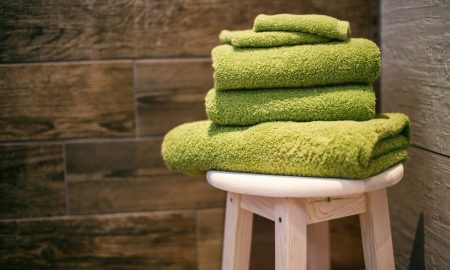
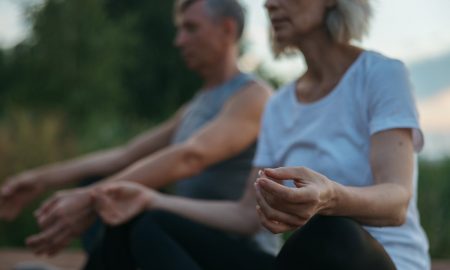
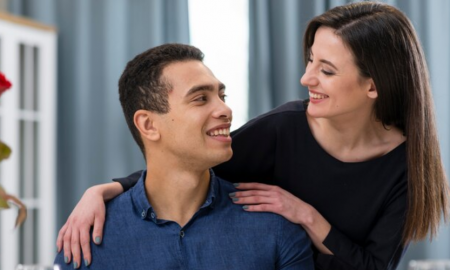



You must be logged in to post a comment Login